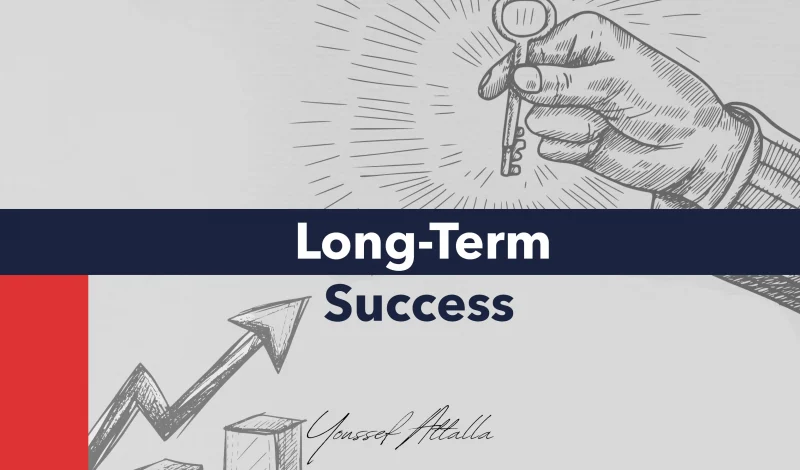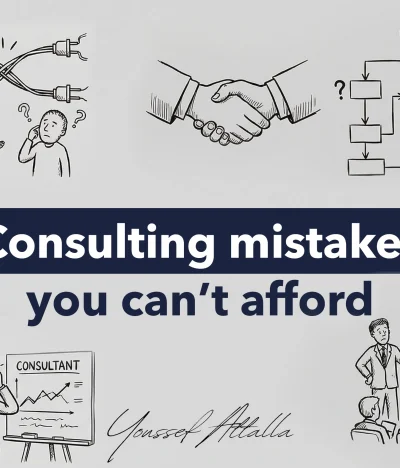In today’s competitive business world, success is not only measured by profits and market share but also by the foundation upon which a company is built—its culture.
A strong company culture shapes how employees interact, innovate, and align with a company’s vision. Businesses that prioritize culture often see better employee retention, improved productivity, and long-term stability.
But what exactly does culture mean, and how can leaders foster it within their organizations? Let’s explore the meaning, improvement strategies, and sustainable practices for building a culture that lasts.
What Does Company Culture Mean?
Company culture is the shared set of values, beliefs, and practices that guide how a business operates. It defines “how things are done” inside an organization, from decision-making processes to how employees treat each other.
A strong company culture provides a sense of identity and belonging, making people proud to be part of the company.
For instance, companies with positive cultures encourage collaboration, support innovation, and respect diversity. On the other hand, weak or toxic cultures can lead to disengagement, high turnover, and poor performance.
A business consultant often emphasizes culture as the foundation of sustainable success. Why? Because when culture is strong, it becomes a strategic advantage that competitors cannot easily replicate.
How to Improve Company Culture
Improving company culture is not about fancy perks or slogans—it requires intentional effort and leadership commitment. If you’re wondering how to create company culture that motivates and retains employees, here are proven strategies:
1. Define Core Values Clearly
Your values should go beyond words on a wall. They must be integrated into everyday decisions, hiring practices, and leadership actions.
2. Communicate Transparently
Transparency builds trust. Regular updates, open-door policies, and clear communication channels empower employees to feel valued and informed.
3. Recognize and Reward Contributions
Acknowledging achievements, both big and small, motivates employees to stay engaged and aligned with company goals.
4. Provide Growth Opportunities
A strong company culture prioritizes learning and development. Offer training programs, mentorship, and clear career paths.
5. Seek Professional Guidance
Sometimes, leaders may feel stuck when improving culture. In such cases, a business consultant can help identify gaps, develop strategies, and align the workforce with company objectives.
How to Maintain Company Culture
Building culture is one challenge, but maintaining it is another. A thriving strong company culture requires consistency and adaptation as the company grows.
1. Lead by Example
Culture starts at the top. Leaders must embody the values they expect from employees. Authentic leadership inspires trust and commitment.
2. Reinforce Values in Hiring
When hiring, look beyond skills. Ensure candidates align with your company’s values and vision. This prevents cultural dilution as your team expands.
3. Adapt Without Compromising Core Values
Markets evolve, and so should your culture. Flexibility is key, but core principles must remain non-negotiable.
4. Monitor and Measure Culture
Regular surveys, feedback sessions, and performance reviews can reveal whether your culture remains strong or requires adjustments.
5. Continuous Engagement
Culture is not a one-time initiative. Host workshops, team-building events, and open discussions to keep values alive.
A business consultant can also play a critical role in ensuring culture sustainability. They provide an external perspective and strategies for embedding values into every aspect of operations.
Why Strong Company Culture is Essential for Long-Term Success
A strong company culture isn’t just about happy employees—it directly impacts business outcomes. Here’s why it’s the backbone of long-term success:
- Boosts Retention: Employees are more likely to stay with companies where they feel valued and aligned with the mission.
- Drives Innovation: A culture that encourages collaboration fosters creativity and new ideas.
- Enhances Reputation: Companies with strong values attract top talent and loyal customers.
- Improves Performance: Engaged employees are more productive and motivated to achieve results.
When leaders understand how to create company culture and maintain it, they position their businesses for sustainable growth.
Conclusion: Building Culture with the Right Guidance
To achieve long-term success, organizations must go beyond strategies and profits—they must invest in building a strong company culture that inspires people and drives results. From defining values to maintaining engagement, culture requires consistent attention and expertise.
If you’re unsure where to start or how to sustain your efforts, the perfect business consultant to guide you is Youssef Attalla. With proven expertise in shaping exceptional cultures, he can help you align your people, processes, and goals for lasting impact.
Contact us today to learn how Youssef Attalla can help you create a culture that guarantees long-term business success.





